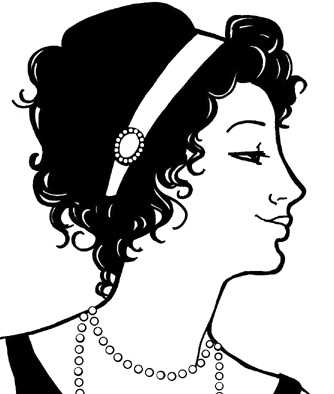Radcliffe Pitches

The Pitches' repertoire is based in jazz standards and inspired by artists such as Ella Fitzgerald and Frank Sinatra. Songs in their repertoire include: "Whatever Lola Wants", "It Don't Mean a Thing (If It Ain't Got That Swing)", and "My Funny Valentine".
The group's founders were Radcliffe undergraduates who wanted to sing in a close harmony setting. The original Pitches chose their group's name from a number of entries in a campus naming contest. In the words of co-founder Kathy Manning (Radcliffe College Class of 1978):
"We finally settled on a take-off of the rather negative phrase that had been used to describe Radcliffe women for ages. We actually liked the resemblance to that old adage, because we wanted to be known as a group that was gutsy, tough and high quality."
The Pitches choose new group members through an audition process, held in the fall and spring of each academic year and open to all Harvard undergraduates.
References
- ↑ Knight, H.: "Harvard Group Sings Praises Of A Cappella", The San Francisco Chronicle, June 4, 1999.
- ↑ Martin, D.: "Pitches set the house on fire", New Straits Times (Malaysia), August 27, 2004.
- ↑ Trescott, J; Norris, M; and Washington Post Staff Writers: "The Chosen Performers; Talent, Sites Named For Inauguration", The Washington Post, January 11, 1993.
External links
- The Radcliffe Pitches official website
- Records, 1978-1996. Schlesinger Library, Radcliffe Institute, Harvard University.